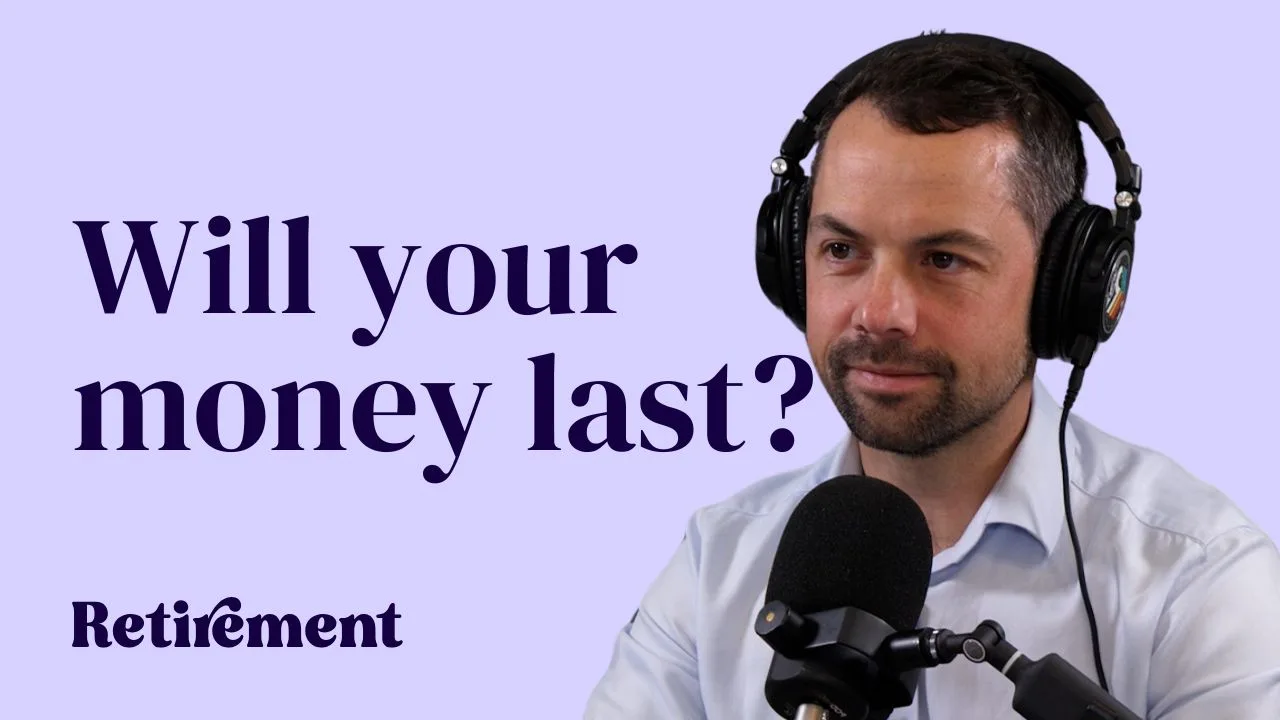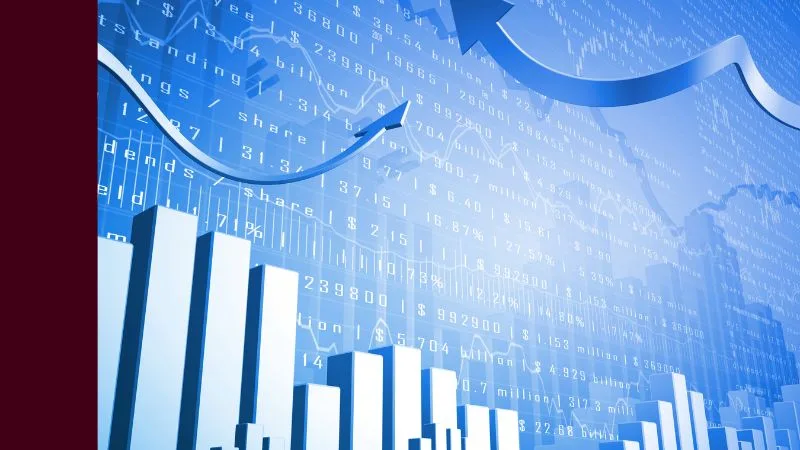iShares S&P 500 ETF (ASX: IVV) is a high quality exchange-traded fund (ETF), but is it the best one to buy?
What is the S&P 500?
The S&P 500 is one of the world’s best indices to track in my opinion. It’s made up of 500 of the best businesses that are listed in the US.
Many of the world’s biggest index funds are based on this index.
It includes plenty of the most recognisable names in the corporate world: Apple, Microsoft, Amazon, Facebook, Alphabet, Tesla, Berkshire Hathaway, JPMorgan Chase, Johnson & Johnson, Visa, NVIDIA, Home Depot, Walt Disney, Procter & Gamble, Mastercard and PayPal.
Due to the nature of the largest American businesses, it’s quite a high-performing index. It’s weighted towards tech businesses which have global operations, global growth, large addressable markets and high profit margins. That’s really attractive in my opinion because we don’t get much of that with many ASX blue chips – they’re not tech, they don’t have high margins and they largely don’t have much non-Australian earnings.
Is iShares S&P 500 ETF the best ETF?
Not only are the holdings really good, but there are plenty of other reasons to like it.
The costs are very low. The fees of active managers can seriously impact how much your portfolio is worth over time. iShares S&P 500 ETF has a really low fee of just 0.04% per year. That’s really great because that hardly reduces your portfolio value at all.
The returns have been excellent over the long term. At 31 March 2021, over the prior five years the net return per annum had been 16.3% and over the last 10 years the returns had been 17.3% per annum. Past performance is not a guarantee of future performance, but it shows the strength of the underlying businesses that generated those types of returns.
It’s hard to say what the next 10 years will be like, particularly with the likelihood of rising interest rates. But technology businesses are likely to be the best candidates to keep growing revenue and profit for the foreseeable future, so I definitely think this is one of the better ETFs to own for international diversification.
iShares S&P 500 ETF doesn’t offer much income – the yield is only 1.23% – and there are ETFs that have delivered stronger returns like VanEck Vectors Morningstar Wide Moat ETF (ASX: MOAT). But I think it would be a solid choice for most portfolios. I also like other ASX growth shares in the ETF space like Betashares Global Quality Leaders ETF (ASX: QLTY).







